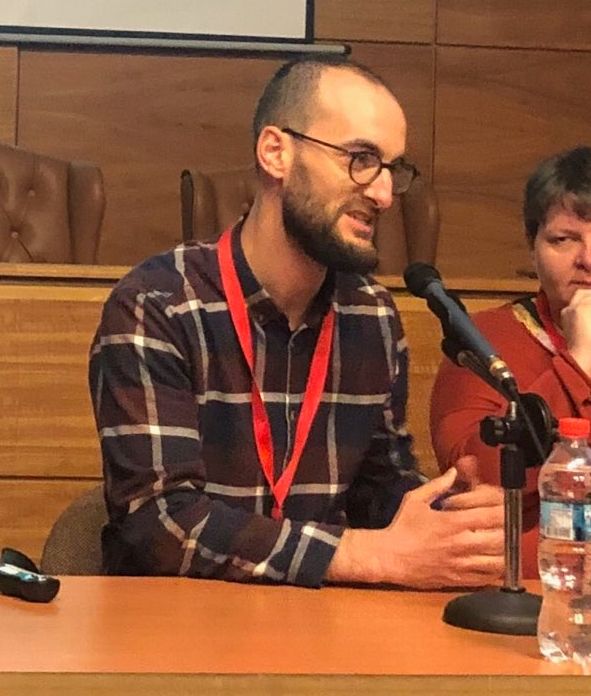On 4 May 2021, the Spanish Council of Ministers decided to prolong a set of social measures that were adopted to protect the access of vulnerable citizens to affordable and adequate accommodation in the framework of the Covid-19 pandemic. These measures consisted in the prohibition of evictions and some extraordinary measures concerning rentals. When originally adopted through Royal Decree-Law 11/2020, these measures were conceived as extraordinary and temporary, with a duration linked to the one of the nationwide state of alarm declared on 25 October 2020. Consequently, these measures would have expired when the state of alarm ended on 9 May 2021. Precisely to avoid such a situation, the abovementioned decision by the Council of Ministers extends the validity of these measures for a further period of three months, meaning that these will remain in force until 9 August 2021. Royal Decree-Law 8/2021 of 5 May 2021 incorporates this decision.
As further explained in Part II of the Oxford Compendium Country Report for Spain, the last state of alarm, declared by Royal Decree 926/2020 of 25 October 2020, was later extended (through Royal Decree 956/2020) until Sunday 9 May 2021. The state of alarm was declared to make possible the adoption of exceptional measures to avoid the propagation of the Covid-19 disease in the framework of a global pandemic. The problem is that the legislator decided to link the duration of some extraordinary measures adopted in the social field to that of the state of alarm. However, the logic of the state of alarm and the logic of many of these social measures are quite different. In the current situation, even if the epidemiological situation is slightly better in most regions that it was some months ago, with the vaccination campaign gaining momentum, the economic and social consequences of the pandemic are still very present. Therefore, it seems reasonable to ‘decouple’ the duration of the social measures from the state of alarm, as it has been already done, for instance, in relation with some of the measures adopted to protect workers, such as the mechanisms for temporary suspension of employment (EREs).
The particular provisions prolonged until 9 August 2021 by Royal Decree-Law 8/2021 include, among others, the prohibition of evictions and some extraordinary rules concerning rentals to protect those groups that, according to a set of legally established criteria, qualify as ‘socially vulnerable’ (Article 7 of Royal Decree-Law 8/2021). These measures aim at securing affordable and adequate accommodation to those socially vulnerable groups which may lack alternative options for accommodation while experiencing difficulties, as a result of the pandemic-related crisis, to pay the rent of the instalments of the mortgages or credits in their current accommodation arrangements. Together with the prohibition of evictions when the persons involved have no alternative accommodation, the abovementioned measures consist of the extension of rental contracts and the possibility of deferral or partial cancellation of the rent when the lessee is a public entity or a big proprietor. In this area, 'socially vulnerable' are persons who find themselves in any of the following situations: unemployment, suspension of employment contract (ERTEs,) and reduced working time for care purposes or similar circumstances. In the latter case (workers with reduced working time), these extraordinary measures apply when the affected worker has experienced a loss of income resulting in an income inferior to the IPREM (which is a legal indicator used in Spain for multiple purposes, fixed at 564.20 Euros per month for 2021) in the month before the eviction. This last income threshold is modified depending on the number of dependent children, the age, the presence of disabled children, etc.
In the coming weeks and months, some other measures adopted to face the economic and social consequences of the pandemic will cease to be in force. The most important of them are the special rules on the mechanisms of suspension of employment, known as ERTEs, which are the cornerstone of the Spanish strategy to protect companies and workers from the worst effects of the Covid-19 related economic crisis. In principle, the current legal framework of ERTEs, as established in Royal Decree-Law 2/2021, will remain in force until 31 May 2021. At the moment of writing, the Government has already started negotiations with the social partners and is working on a proposal to extend the scope of application of the rules governing ERTEs at least until 30 September 2021.
TWEET
